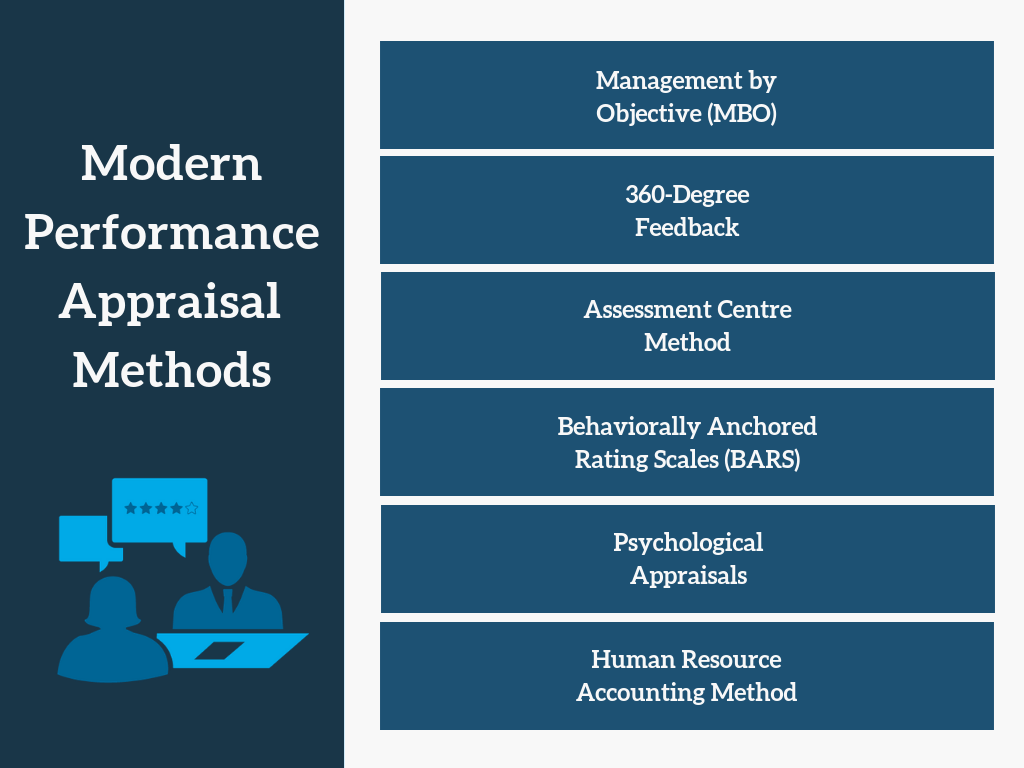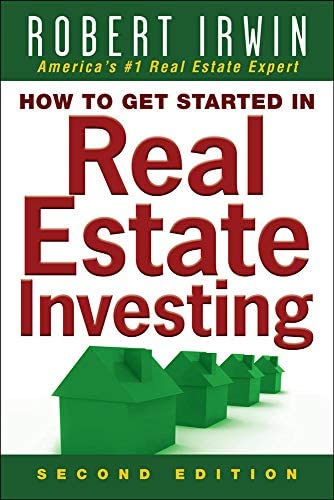
Real estate designations are an excellent way to differentiate yourself from the rest of your peers and to show potential clients that they value you. A real-estate designation is a certificate that you obtain by successfully completing specific courses.
There are many designations for realtors, each one offering its own unique benefits and potential payoffs. The best designations will make you stand out from the crowd, help you focus on a particular niche, and show that you have the expertise and skills to help clients achieve their goals in real estate.
ABR is Accredited Buyers Representative Designation
This designation can be a great choice for new agents who wish to stand out in a competitive buyer's field. Agents who achieve this designation are trained to assist buyers throughout the entire home buying process. ABR can help you stand out among other agents in a busy market. This is especially true in hot markets where each agent is trying to do better than the other.

SRES - Senior Real Estate Specialist Designation
This program is for mature Americans over 50. In addition to providing information on how seniors can meet their housing and retirement goals, this designation will give you access to specialized marketing materials, consumer newsletters, scripts and concepts for contacting clients with concerns about downsizing, living on a fixed income, and finding a home closer to family.
CRS - Certified Residential Specialist Designation
The CRS is a highly desired designation that demonstrates professionalism and expertise in the residential property industry. This designation is ideal for ambitious brokers, managers, and sales agents who want to progress in their careers. It requires some transaction volume, experience, as well as membership in the RRC or NAR.
GRI- Graduate, REALTOR® Institute Designation
GRI is an excellent certification in real estate. This will give you extensive training on legal and technological issues, professional standards, and how to sell. This certification will make you a well-respected professional, who is current on legal developments and industry trends.
PMN - Performance Management Network Designation
The PMN is a great real estate certification for agents who are interested in developing their leadership skills. This certification will enhance your networking, negotiation, referral, and business planning skills. It also helps you improve personal performance.

RCE – REALTOR(r), Certified Executive Designation
The RCE is the only professional designation designed specifically for association executives. RCE designationes are motivated professionals who are goal-oriented, have a commitment to continuing professional development, and are committed to their profession.
SRS-Seller Representative Specialist Designation
The SRS is another great real estate certification that will help you serve your seller clients with extra training in the sales process. This will allow your clients to receive a better service and help them sell faster.
FAQ
How many times may I refinance my home mortgage?
This depends on whether you are refinancing with another lender or using a mortgage broker. In either case, you can usually refinance once every five years.
How much money can I get to buy my house?
This can vary greatly depending on many factors like the condition of your house and how long it's been on the market. The average selling price for a home in the US is $203,000, according to Zillow.com. This
Is it possible to get a second mortgage?
Yes, but it's advisable to consult a professional when deciding whether or not to obtain one. A second mortgage can be used to consolidate debts or for home improvements.
What are the disadvantages of a fixed-rate mortgage?
Fixed-rate mortgages have lower initial costs than adjustable rates. You may also lose a lot if your house is sold before the term ends.
How can I tell if my house has value?
If your asking price is too low, it may be because you aren't pricing your home correctly. If you have an asking price well below market value, then there may not be enough interest in your home. To learn more about current market conditions, you can download our free Home Value Report.
Statistics
- Some experts hypothesize that rates will hit five percent by the second half of 2018, but there has been no official confirmation one way or the other. (fortunebuilders.com)
- This seems to be a more popular trend as the U.S. Census Bureau reports the homeownership rate was around 65% last year. (fortunebuilders.com)
- It's possible to get approved for an FHA loan with a credit score as low as 580 and a down payment of 3.5% or a credit score as low as 500 and a 10% down payment.5 Specialty mortgage loans are loans that don't fit into the conventional or FHA loan categories. (investopedia.com)
- The FHA sets its desirable debt-to-income ratio at 43%. (fortunebuilders.com)
- Over the past year, mortgage rates have hovered between 3.9 and 4.5 percent—a less significant increase. (fortunebuilders.com)
External Links
How To
How to Find an Apartment
The first step in moving to a new location is to find an apartment. This requires planning and research. It includes finding the right neighborhood, researching neighborhoods, reading reviews, and making phone calls. Although there are many ways to do it, some are easier than others. The following steps should be considered before renting an apartment.
-
It is possible to gather data offline and online when researching neighborhoods. Online resources include Yelp. Zillow. Trulia. Realtor.com. Local newspapers, landlords or friends of neighbors are some other offline sources.
-
See reviews about the place you are interested in moving to. Yelp. TripAdvisor. Amazon.com all have detailed reviews on houses and apartments. Local newspaper articles can be found in the library.
-
Call the local residents to find out more about the area. Talk to those who have lived there. Ask them what the best and worst things about the area. Ask for recommendations of good places to stay.
-
Check out the rent prices for the areas that interest you. If you are concerned about how much you will spend on food, you might want to rent somewhere cheaper. Consider moving to a higher-end location if you expect to spend a lot money on entertainment.
-
Find out all you need to know about the apartment complex where you want to live. It's size, for example. What's the price? Is the facility pet-friendly? What amenities are there? Can you park near it or do you need to have parking? Are there any special rules that apply to tenants?